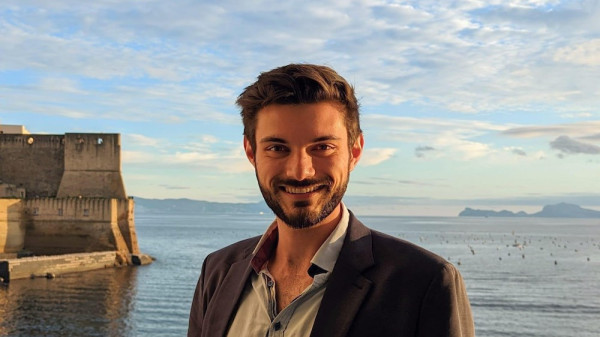Manuel Rudolph awarded the Google PhD Fellowship in Quantum Computing
Source: EPFL Institute of Physics
The Google PhD Fellowship Program recognizes exceptional graduate students conducting innovative research in computer science and related fields. It supports promising PhD candidates from diverse backgrounds who aim to shape the future of technology. Google PhD Fellows are a select group, acknowledged by Google and their institutions as some of the most promising young researchers globally, representing the future of their fields.
In Zoë Holmes' laboratory - part of NCCR MARVEL - Manuel Rudolph's research explores the potential applications of quantum computers, particularly for simulating quantum systems and machine learning. His current work investigates to what extent quantum algorithms can be efficiently simulated on conventional computers. While it's widely believed that quantum computers will accelerate many algorithms, Manuel and his collaborators - from EPFL, Los Alamos National Laboratory, and Google - are demonstrating that their new simulation methods can often achieve similar efficiency. Through his research, Manuel seeks to contribute to our understanding of which tasks require quantum computing resources, and ultimately assist these machines with his high-performance simulation tools.

Manuel Rudolph
Low-volume newsletters, targeted to the scientific and industrial communities.
Subscribe to our newsletter